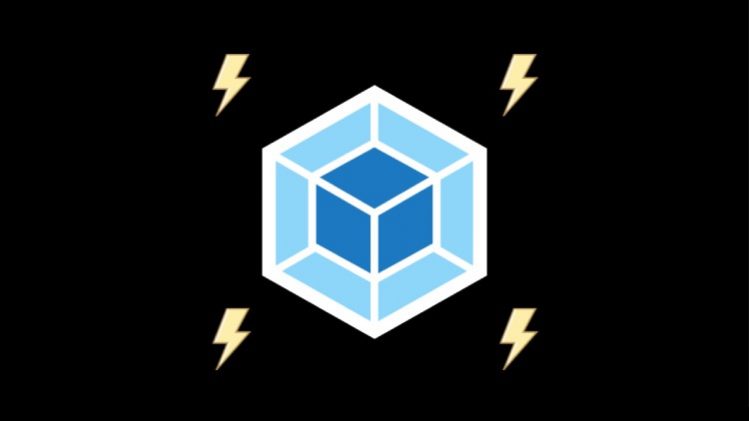
Quickly get started, without long introductions and rambling
Optimize your Webpack builds for Production in order to make them as small and efficient as possible
Optimize your application loading times to make them as fast as possible
Get familiar with 7 ways of handling CSS in your apps (including CSS-in-JS and CSS Modules)
Learn everything you need to know about Code Splitting and Lazy Loading
Optimize your CSS and Images for Production
Configure Gzip compression and Brotli compression
Set up Babel the right way
Add Source Maps both for JavaScript and CSS
Configure TypeScript with Webpack
Optimize your Developer Experience by enabling Hot Module Replacement, better Error Handling, etc
Hi guys and girls, nice to see you here 🙂 This is my 2nd course about Webpack, and this time my goal is to help you understand how you can optimize your Webpack configurations for production use cases. In this course we are going to focus on how to make your Webpack bundles as small as possible, and how to make your application loading times as fast as possible.
This course is specifically designed for those people who already know some Webpack basics, and want to become experts in creating optimized Webpack configurations from scratch as well as improving existing Webpack configurations.
In this course we are going to take an existing web application that’s not using any kind of module bundlers, and apply various Webpack features in order to optimize this application and improve its loading performance. This means you will see how Webpack works in real world use cases. Each lesson builds on top of the previous ones, so it’s very easy to follow.
Here are just a few examples of what we are going to talk about.
In one of the sections, I will show you 7 different approaches of handling CSS in your applications, including CSS Modules and a couple of CSS-in-JS libraries. As a result, you will become familiar with many approaches and you will be able to choose the most suitable one for your specific needs.
In another section, we are going to have a long discussion about Code Splitting and Lazy Loading. Webpack is extremely good at Code Splitting, and we are going to talk about that a lot in this course. I will show you multiple Code Splitting strategies you can apply, and we will even define our own strategy applicable to the application we are developing in this course. After watching this course you won’t ever be frustrated when you hear the words “Code Splitting” again.
Also, we are going to cover topics related to Optimizing Images for Production, Tree Shaking, Compression algorithms, and many more! After watching this course you will definitely have some ideas on how to improve performance of your existing web applications. I can also promise that you will know more about Webpack than the average Front End Developer in your company.
I am regularly updating this course, so you can be sure that this course is always up-to-date and covers the latest Webpack features.
If you have any questions related to Webpack, feel free to post them in Q&A section. Many people have already found answers to their questions in Q&A, and I will be more than happy to help you with your questions as well.






